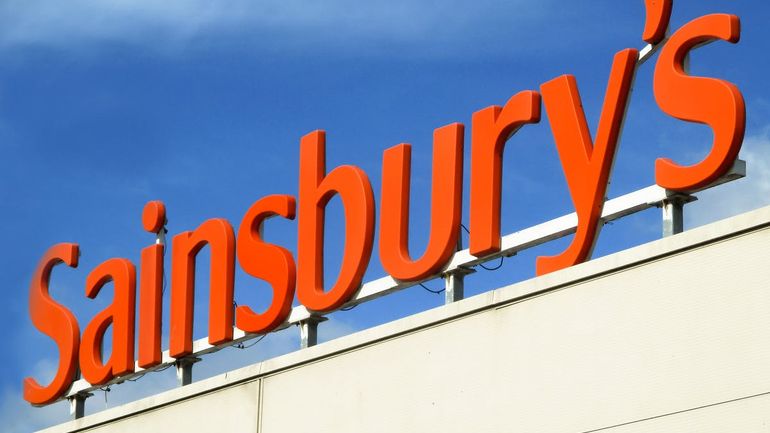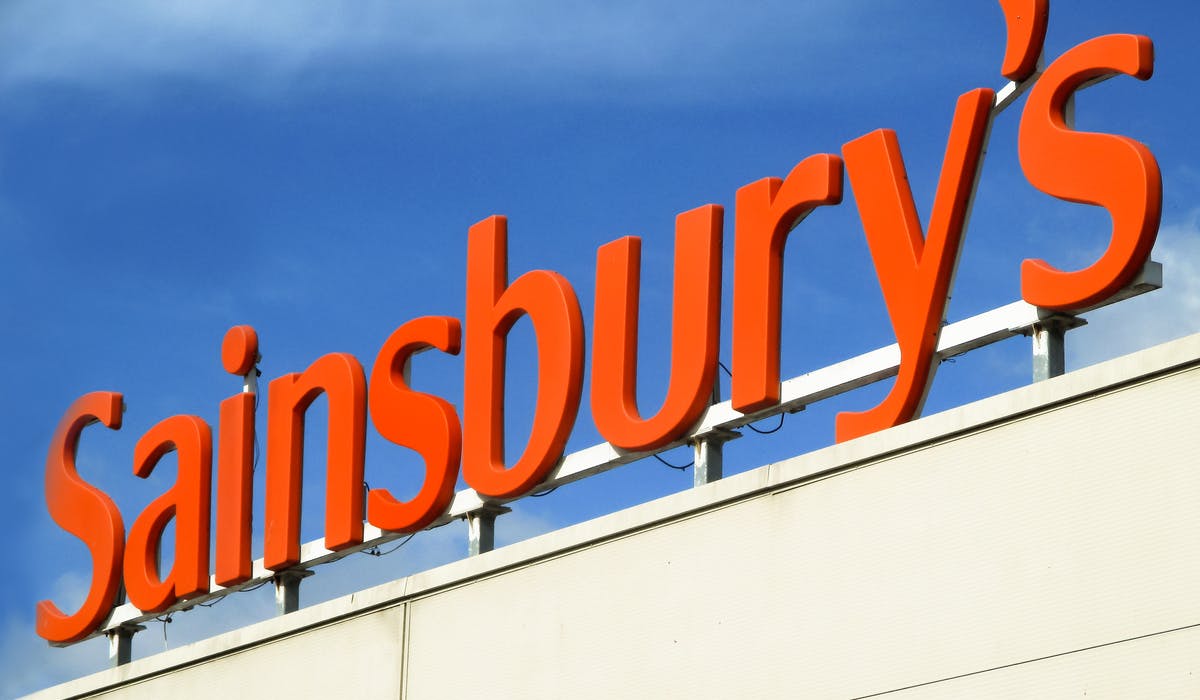
Sainsbury’s Introduces 'Everyday Low Prices' Strategy Following Tesco

Sainsbury’s latest strategy, replacing its Price Lock promotion, mirrors Tesco's similar initiative with an 'Everyday Low Prices' approach.
Sainsburys
Sainsbury’s has launched a new value offering exclusively for branded products designed to help the retailer respond quicker to market demands.
Sainsbury’s has a programme called ‘Low Everyday Prices’ which is similar to Tesco’s programme of the same name. Both aim to offer good value on branded products.
The logo for Sainsbury’s Low Everyday Prices features a circle with a pound sign at the top. Similarly, Tesco’s logo for Low Everyday Prices also includes a circle, but with a lock symbol below the text.
Sainsbury’s CEO Simon Roberts has announced that the supermarket is replacing its Price Lock initiative with Low Everyday Prices. According to Roberts, this decision will make Sainsbury’s value offering “simpler” and provide more “flexibility to respond quickly to the market”.
Low Everyday Prices covers over 1,000 branded products and complements the existing Aldi Price Match and Nectar Prices schemes. Sainsbury’s emphasizes that these schemes aim to provide customers with “consistent value”.
Aldi Price Match focuses on Sainsbury’s own brand products, while Nectar Prices includes both private label and branded items. Low Everyday Prices, on the other hand, focuses specifically on branded products.
According to Kantar, sales of branded products outpaced private label products last month. Branded products saw a sales increase of 6.1% in the four weeks leading up to 17 March, compared to a 4.7% increase for private label products.
Despite the increase in branded products, consumers are still actively searching for bargains, as indicated by the data. According to Kantar, more than two-thirds (68%) of consumers use promotions to help with budget management. In addition, there was a £605 million increase in spending on deals last month compared to March 2023.
In response to this trend, supermarkets are enhancing their value offerings. Waitrose, for example, has just announced on 3 April that it is reducing prices on an additional 200 products. This marks the fifth time the company has lowered prices since February 2023.
While premium grocers like Waitrose are focusing on providing value in today's cost-conscious era, discounters like Aldi are also prioritizing competitive pricing. Just yesterday, Aldi announced its commitment to surpass the £380m invested in price reductions in 2023.
Aldi has already invested approximately £125m this year in lowering prices, resulting in reduced prices on about 500 products. This accounts for roughly a quarter of its total product range and a third of its fresh fruit and vegetable selection.
Amid the cost of living crisis, Aldi and Lidl have seen a rapid increase in market share, causing concern for the traditional Big Four supermarkets (Tesco, Sainsbury’s, Asda, Morrisons). In response, each of the Big Four has introduced their own price match schemes. Tesco and Sainsbury’s are matching prices to Aldi, while Asda and Morrisons are matching to both Aldi and Lidl.
According to Kantar, nearly one third of baskets at Tesco, Sainsbury’s, and Asda included at least one price matched product last month. Morrisons, on the other hand, only recently launched its own price match program at the end of February.
Many major retailers have quickly rolled out special discounts for their loyal customers. Tesco, Sainsbury's, and Morrisons all have programs that offer exclusive pricing to their members. Sainsbury's, for example, has a program called Nectar Prices which covers more than 6,000 products. On average, customers are saving £12 on an £80 shopping trip through this scheme.
Editor's P/S:
The article highlights the evolving landscape of retail grocery pricing strategies amidst rising inflation and shifting consumer preferences. Sainsbury's introduction of Low Everyday Prices, replacing its previous Price Lock initiative, demonstrates the retailer's commitment to providing value and flexibility to customers. By focusing specifically on branded products, Low Everyday Prices complements existing programs like Aldi Price Match and Nectar Prices, offering a comprehensive value proposition.
The article also emphasizes the growing importance of branded products in the market. Despite the cost-of-living crisis, consumers are still actively seeking out bargains and promotions. In response, supermarkets are enhancing their value offerings, with Waitrose reducing prices on additional products and Aldi prioritizing competitive pricing. The article suggests that the Big Four supermarkets are facing increased competition from discounters like Aldi and Lidl, leading to the implementation of price match schemes. Loyalty programs are also playing a role in providing exclusive pricing to customers, with Sainsbury's Nectar Prices offering significant savings.










